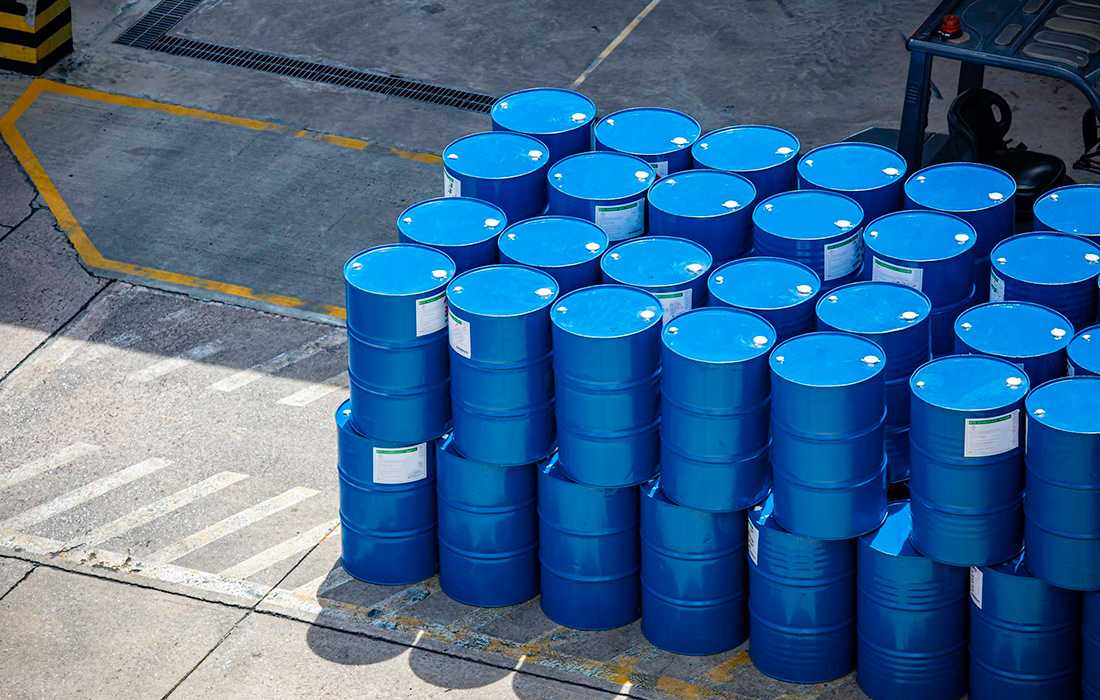
30 Dec Crude oil
Crude oil, also known as petroleum, is a naturally occurring, unrefined mixture of hydrocarbons found in underground reservoirs. It is a fossil fuel that is formed over millions of years from the remains of ancient marine organisms. Crude oil is composed of various organic compounds, primarily hydrocarbons, along with small amounts of sulfur, nitrogen, oxygen, and trace elements.
Crude oil is extracted from underground reservoirs through drilling wells. Once extracted, it is transported to refineries for processing and conversion into various petroleum products. The refining process involves separating the different components of crude oil based on their boiling points and molecular structures.
The composition of crude oil can vary depending on its source, with different regions and oil fields producing crude oil with varying properties. The quality of crude oil is typically measured by its density (API gravity) and sulfur content. Light crude oil has a lower density and sulfur content, while heavy crude oil has higher density and sulfur content.
Crude oil is a vital energy resource and serves as the primary raw material for the production of numerous products. The most significant use of crude oil is as a fuel for transportation, including gasoline, diesel, jet fuel, and marine fuels. It is also a key feedstock for the petrochemical industry, providing the base for producing plastics, synthetic fibers, rubber, fertilizers, and various chemical compounds.
Moreover, crude oil is essential for heating and electricity generation in many parts of the world. It is used in the manufacturing of lubricants, waxes, asphalt, and other industrial products. Additionally, crude oil and its derivatives have applications in pharmaceuticals, cosmetics, and a wide range of everyday consumer goods.
The global demand for crude oil is substantial, and it has a significant impact on the global economy and geopolitics. Oil-producing countries play a crucial role in the global energy market, and fluctuations in crude oil prices can have far-reaching effects on industries, economies, and consumers worldwide.
However, it’s important to note that the extraction, refining, and combustion of crude oil contribute to environmental concerns such as air pollution, greenhouse gas emissions, and climate change. Efforts are being made to transition to cleaner and more sustainable energy sources to mitigate these impacts.
